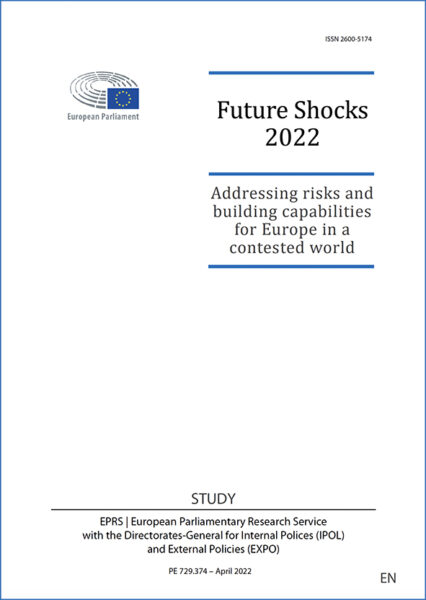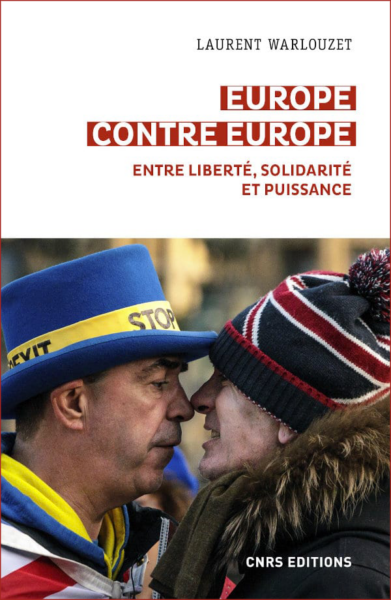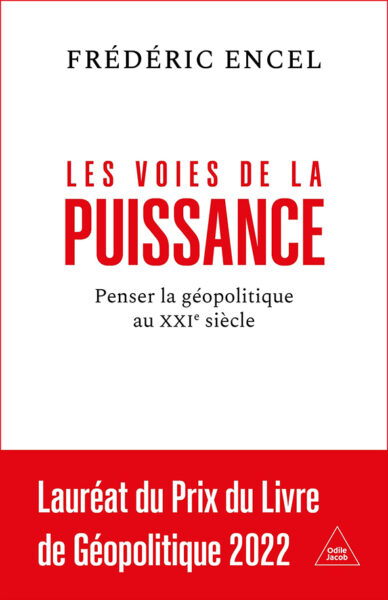The Chechen war has now been going on for more than ten years and more often than not gives rise to oversimplications. The Kremlin announced the end of the war and the start of a phase of “normalisation”; the Western powers prefer to ignore a conflict that is all the more embarrassing for them because the Russian government presents its actions as maintaining order and thus helping to combat terrorism. On the ground, those demanding independence from Russia have no democratic representation and the most resolute dissidents are linked to Islamic fundamentalist groups. For their part, the non-governmental organizations criticize the rigging of the elections and Russian exactions, but what they say is stifled in Russia by official propaganda and the strength of nationalist sentiment, and at international level by the desire not to upset the Russian government. Most of those involved are therefore ready to believe in the “return to normality” in Chechnya.
In this article Laurent Vinatier analyses the forms this “normalisation” takes, above all in the light of the last parliamentary elections in November 2005. He argues that the “normality” is just a façade and “hides the reality of violent antagonism between two rival powers, each one based on an undeniable legitimacy, though a declining one”. Chechnya today is stuck in a political impasse and the scenarios presented by Laurent Vinatier for resolving the conflict or in which it deteriorates all require intervention by external forces.
Political Impasse in Chechnya
Cet article fait partie de la revue Futuribles n° 317, mars 2006



